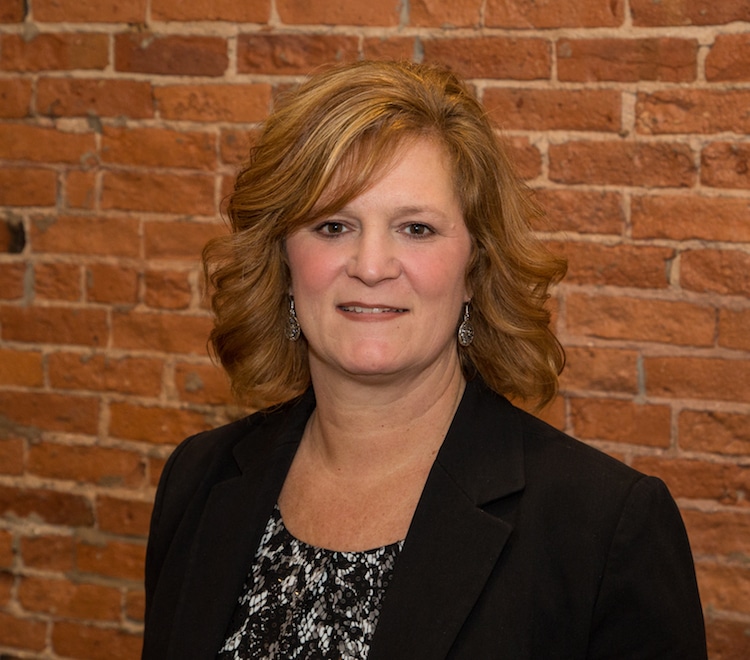Most of us need an effective and efficient estate plan to manage our assets during our lifetime or in the event we become incapacitated and to distribute our assets after death. Failure to have a plan often results in assets being distributed pursuant to state intestate laws, family disputes, and incurring unnecessary taxes.
A sound estate plan is typically comprised of the following:
- A will. A will is a legal document that determines how your assets are managed and distributed after death. It also names an executor or executrix and provides instructions for the custody of minor children, if any. You can draft your own will using one of the many internet resources. However, it is generally preferable to have a will prepared by an experienced estate attorney.
- A power of attorney. This is a legal document that gives another person the authority to act for you. It is generally used if you are seriously ill or incapacitated. Powers of attorney can have broad or limited powers and various durations. They are best prepared by an experienced attorney.
- A living will. This is a legal document (also known as a healthcare directive) that sets forth the type of medical care you want if you are so ill you are unable to communicate. They are best prepared by an experienced attorney.
- Desired beneficiary designations. Ensure that your beneficiary designations are up-to-date and listed correctly for bank accounts, CDs, retirement accounts, insurance policies, etc.
- A letter of instructions. This is a letter that lists the information and location for all your financial relationships, such as your attorney, financial advisor, CPA, bank accounts, investment accounts, etc. It also expresses your desire for funeral arrangements and the disposition of specified personal assets.
- A tax plan. It is generally best to consult with your estate attorney, financial advisor, and CPA to review an inventory of your assets and liabilities and your financial and estate plans. They can help you develop a plan to minimize taxes using trusts, charitable contributions, titling of assets, etc.
Once you have developed your plan, it is essential to review it every few years as well as any time you have a change in circumstances.
Winthrop Partners is a fee-only fiduciary that provides wealth planning and investment management services. Please contact us at winthroppartners.com or 267-454-7551. Our team can help you make successful retirement, financial planning, estate planning, and investment decisions.
The information provided herein is for educational purposes only and should not be considered investment, tax, accounting, or legal advice. Winthrop Partners does not provide tax advice or legal advice. The information contained herein may also be subject to change. Winthrop Partners has made every attempt to ensure the accuracy and reliability of the information provided, but it cannot be guaranteed. Before taking any action, you should first consult with a tax or legal professional.

As a Chartered Financial Consultant at Winthrop Partners, Jennifer works closely with clients
and advisors in all areas of the financial planning process. On a daily basis, her key role is the
operations of the firm. With over 29 years of experience, she prides herself with providing
clients with a consistent high-quality experience when doing business with Winthrop Partners.

